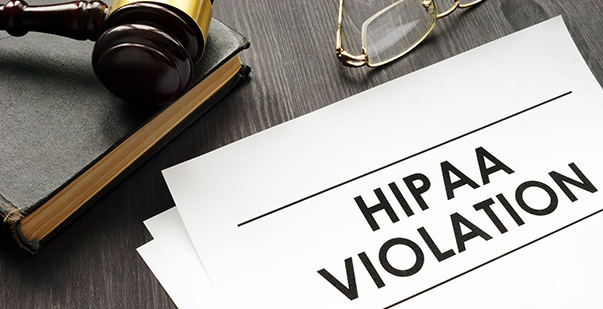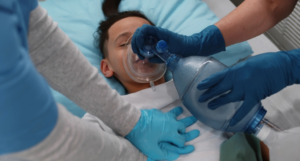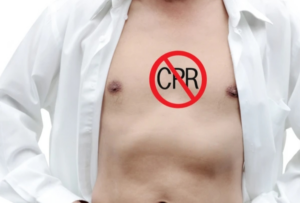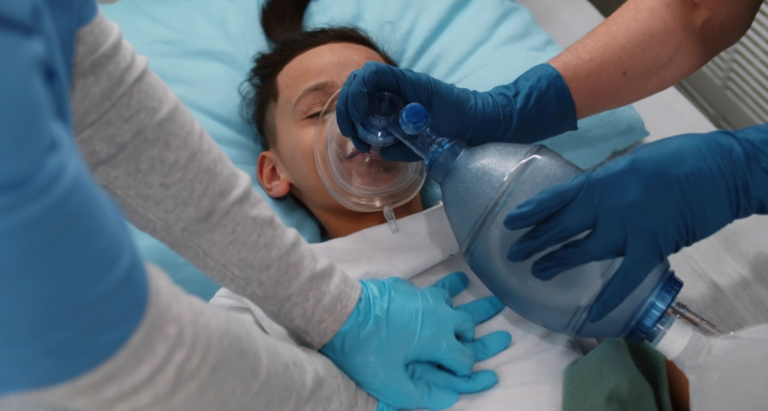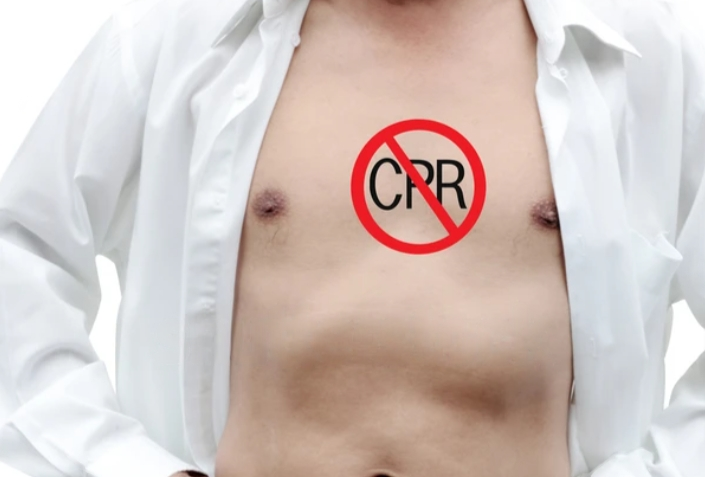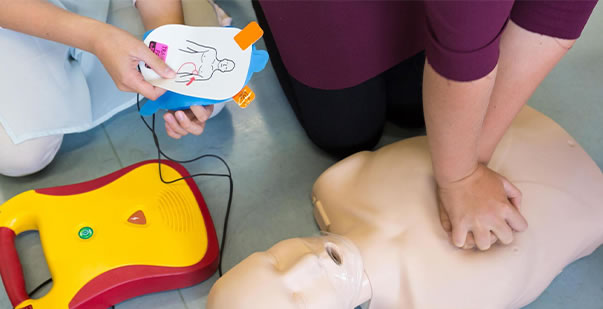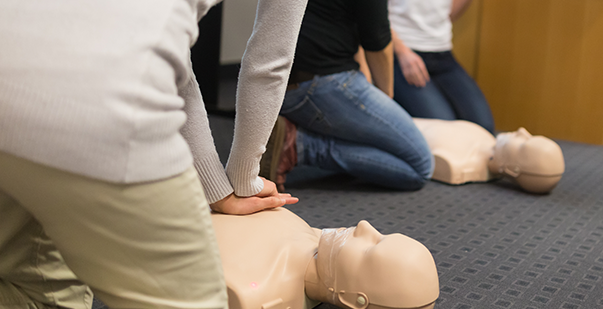Healthcare organizations rely on electronic systems to manage patient data in today’s age. Hence, the importance of safeguarding sensitive information cannot be overstated. HIPAA was introduced in 1996. It established a firm framework. It protects the privacy and security of the patients’ health information.
Compliance with HIPAA regulations is a legal need. Especially for the organizations in the healthcare industry. It is also crucial for maintaining trust between healthcare providers and their patients.
Healthcare organizations must get HIPAA certification pronto. It becomes impertinent for these organizations to operate ethically in the industry. The simplest HIPAA certification process for avoiding violations is by searching for “American HealthCare Academy” on our website CPR Care Near Me. Their online HIPAA certification course is very convenient, comprehensive, and easy to learn. Visit their website for registration or get in touch at 1-888-277-7865.
What does HIPAA stand for?
HIPAA is the Health Insurance Portability and Accountability Act. It brought revolution in the area of data privacy in the medical and healthcare field.. It’s a law that helps protect people’s private health information.
- HIPAA is important. It keeps a patient’s personal health information safe and secure. This includes things like:
- medical records
- doctor visits
- any health information that others shouldn’t know about unless permitted by the patient.
- HIPAA rules apply to:
- Doctors
- Nurses
- Hospitals
- Other healthcare providers.
They have to follow certain guidelines. They should make sure that every individual’s health information remains confidential.
- The law also gives people the right to access their health information. They can also ask for corrections if there are any mistakes. It gives you control over who can see your information and how it’s used.
- No one can break the HIPAA rules. No one can share someone’s health information without permission. They can get in trouble. They might face serious consequences. This means they might have to face punishments or other negative outcomes.
Why should organizations follow this rule?
Here are ten reasons why organizations should follow HIPAA rules:
- Protecting Privacy
HIPAA rules help keep the patients’ personal health information private and secure. It ensures that their medical records and other health information is not shared. It is safe with the authorized people. - Building Trust
Following HIPAA rules shows that organizations care about privacy. They take it seriously. It helps build trust between healthcare providers and patients. It makes the patients feel more comfortable sharing personal information. - Preventing Identity Theft
HIPAA helps protect the patients from identity theft. It sets rules for healthcare providers. They must keep the patients’ personal health information safe and secure. It lowers the chances of someone stealing the identity. In other cases, using personal information for dishonest purposes. HIPAA keeps your personal information safe! - Avoiding Embarrassment
HIPAA rules ensure that sensitive health information is not shared without permission. It helps avoid situations where personal details or medical conditions are accidentally disclosed. They protect patients from embarrassment or unnecessary exposure. - Ensuring Proper Treatment
HIPAA rules make sure that only the right healthcare people can see your health information. It means that only the doctors, nurses, and others who need to know can look at your medical records. This helps keep your information private and secure. This ensures that the patients receive the appropriate treatment and care without discrimination. - Safeguarding Against Discrimination
HIPAA rules prohibit discrimination based on health information. By following them, organizations help protect patients from being treated unfairly or differently. The discrimination can happen because of their medical history or conditions. - Maintaining Confidentiality
HIPAA rules need healthcare providers to maintain confidentiality when discussing patients’ health information. This means they can’t share details with other family members or friends. They can share the information only when they have permission. - Protecting Against Data Breaches
HIPAA rules help organizations establish safeguards. They can protect the patients’ health information from data breaches. This reduces the risk of hackers or unauthorized individuals. Accessing and misusing patients’ data can’t take place. - Complying with the Law
Following HIPAA rules is a legal requirement for healthcare organizations. Organizations can avoid penalties, fines, and legal consequences that can result from non-compliance. - Respect for Your Rights
HIPAA rules ensure that the patients’ wishes with respect to their data privacy and use of health information are respected. They empower you to have more control over your healthcare journey.
Take HIPAA certification from American HealthCare Academy
American HealthCare Academy’s online HIPAA certification offers flexible training modules and assessments. It keeps healthcare professionals up to date with evolving HIPAA requirements. Their program emphasizes the importance of compliance within healthcare organizations. The risk of accidental or intentional HIPAA violations can be reduced with HIPAA.

